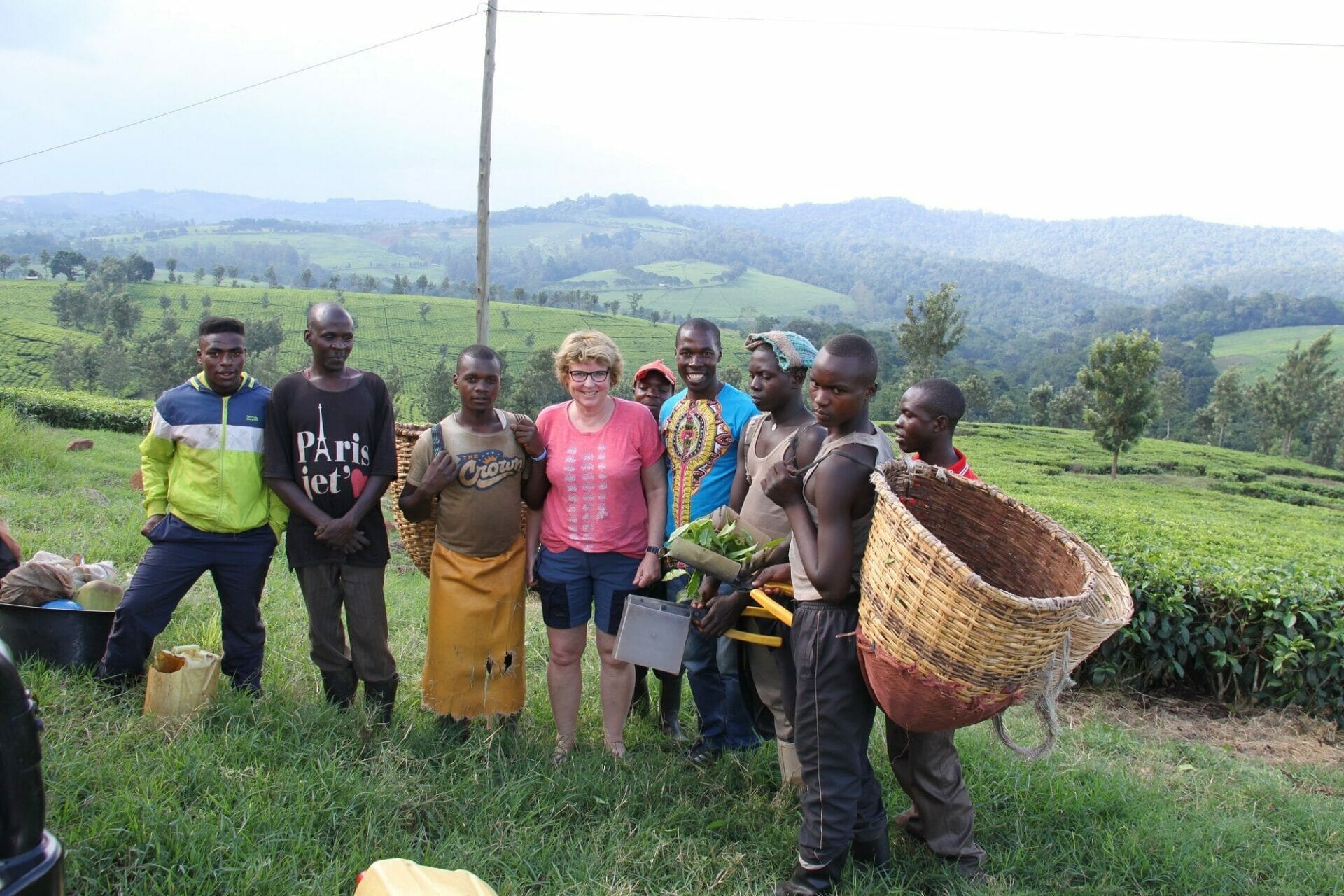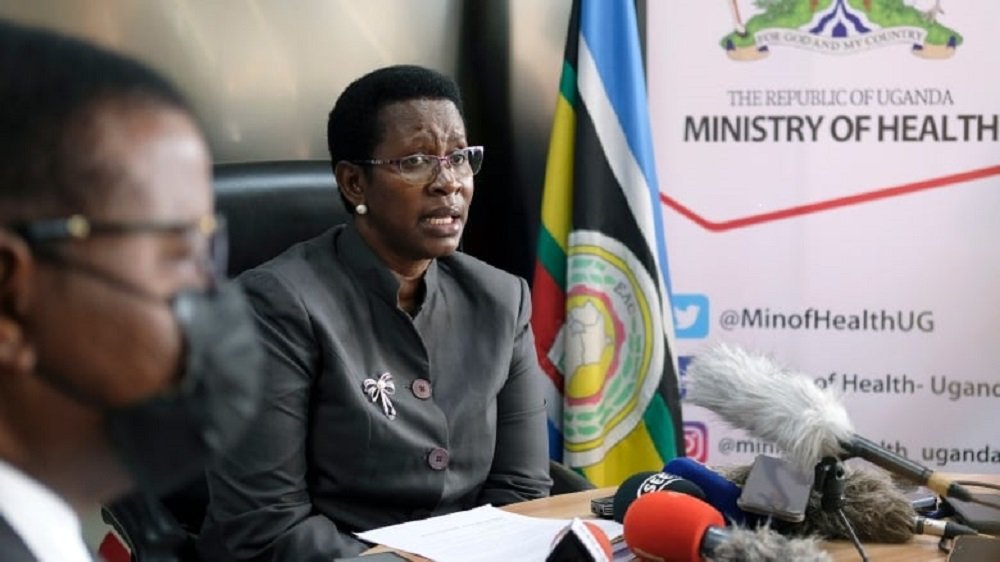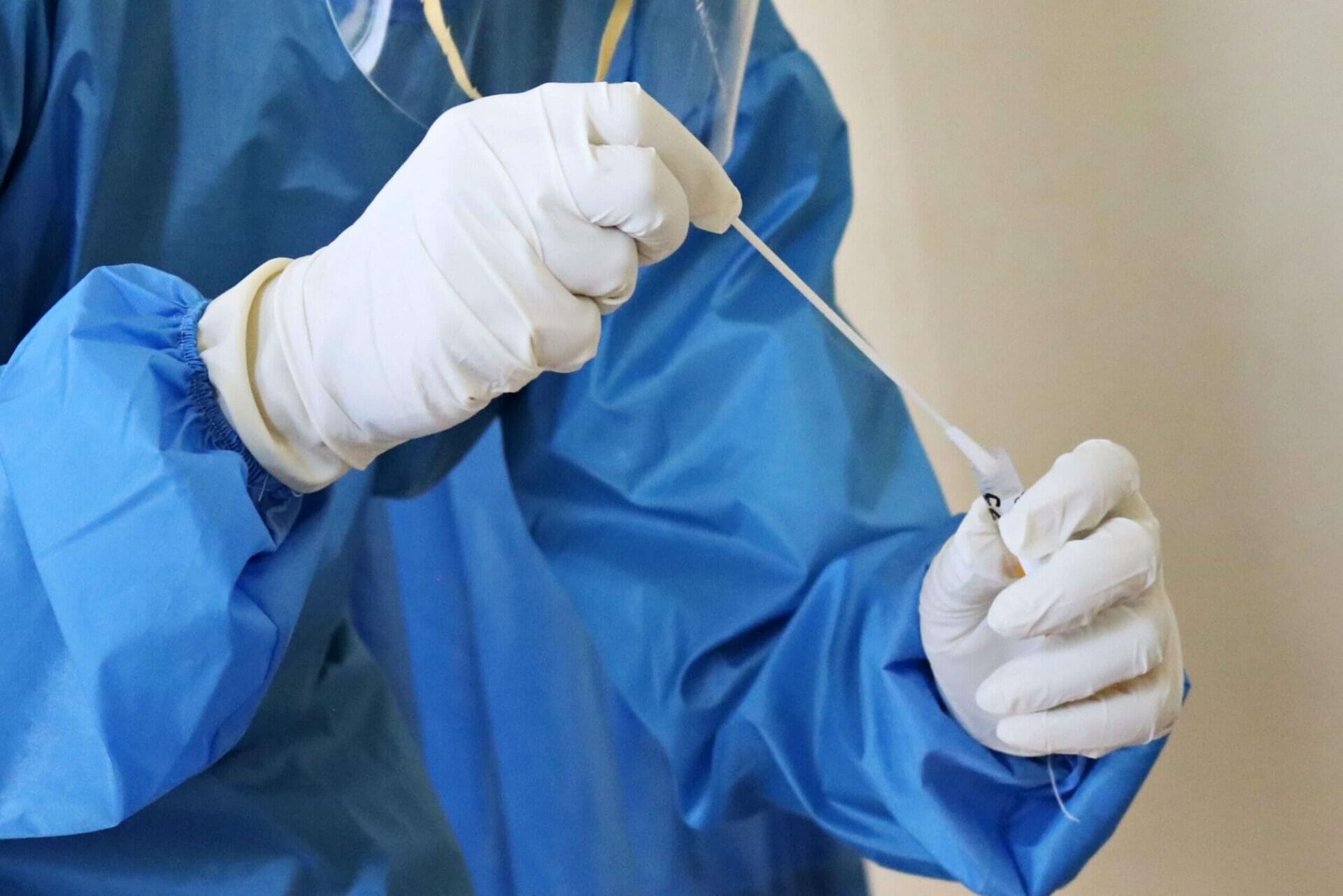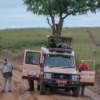Is Uganda safe for tourists?
If you’re wondering if Uganda is safe for tourists, you’re in the right place. Safety should rightfully be one of your top priorities when traveling to a new place – whether that’s your health, the stability of the country, or avoiding crimes – we are happy to help answer a few of your main questions.
Before we do that, we actually have a question of our own!
Did you know Uganda is safer than the United States? It’s true – according to the Global Peace Index, Uganda outranks the US by eight spots on a report by the Institute for Economics and Peace. That report is based on indicators like the “number of internal and external violent conflicts, level of distrust, political instability, potential for terrorist acts, number of homicides, and military expenditures as a percentage of GDP.”
Now, we know that can sound shocking – and it is. Our point is to consider what kind of safety specifically you’re looking for, and to know that even some of the countries we call home may have some of the same concerns of the places we’d like to travel to.
That’s why we ultimately believe travel is the key to solving many of these issues. The more we see how alike we are and how connected we truly are, the less conflict there will be in the world.
Now, onto Uganda!
Uganda is generally considered a safe destination for tourists, with a low crime rate and a welcoming attitude towards visitors. However, as with any country – whether you’re visiting or a resident – it is important for travelers to exercise caution and be aware of potential risks.
Below you’ll find important information for those asking “is Uganda safari safe” with topics on Uganda’s current political situation, health environment, and crime rates. Please read on, and if you have any questions at all, don’t hesitate to reach out and ask.
Political Stability in Uganda
One of the main safety concerns for travelers to Uganda is the potential for civil unrest and political violence.
According to the U.S. Department of State, “Under Museveni, Uganda has experienced relative political stability and economic growth, but also significant human rights, governance, and democracy deficits.”
Though Uganda has a history of political instability, modern day incidents are relatively rare and are usually isolated to specific areas. It is important for travelers to avoid participating in political demonstrations and to stay informed about any potential risks through local news and travel advisories.
Health in Uganda
Another potential safety concern in Uganda is the risk of contracting infectious diseases.
The country has a high prevalence of malaria, and travelers should take precautions to avoid exposure to these diseases.
This includes using insect repellent, sleeping under mosquito nets, and practicing safe sex. It is also important to make sure that you are up-to-date on your vaccinations before traveling to Uganda.
Crime Rates in Uganda
In terms of personal safety, Uganda is generally a safe country for tourists.
The crime rate is low, and violent crimes against travelers are rare.
In terms of other common safari countries in East Africa, Uganda is on par with Kenya as far as safety. According to the Institute for Economics and Peace, Uganda is actually safer than the United States!
Advice For Staying Safe While On Your Uganda Tour
However, as with any trip, tourists can tend to stand out from the local population. Whether that’s a trip to visit Paris in France or a trip to go on a safari in Uganda, being aware of your surroundings is always a good idea.
Likewise, avoid carrying large amounts of cash or valuables.
It is also recommended to avoid walking alone at night and to keep a mindful eye when using public transportation.
Experience Uganda’s Safe and Welcoming Nature For Yourself
Overall, Uganda is a safe destination for tourists.
While there are some potential risks to be aware of, the country is welcoming and offers a rich cultural experience for visitors. By taking common-sense precautions and staying informed, travelers can enjoy a safe and enjoyable trip to Uganda.
One of the best ways to feel safe and secure while you travel is planning your trip with an experienced tour company.
Having given bespoke, boutique tours of Uganda and East Africa since 2013, our team at Kikooko would be delighted to help manage your trip and give you the safari experience of a lifetime. For more information, feel free to get in touch with us today.







